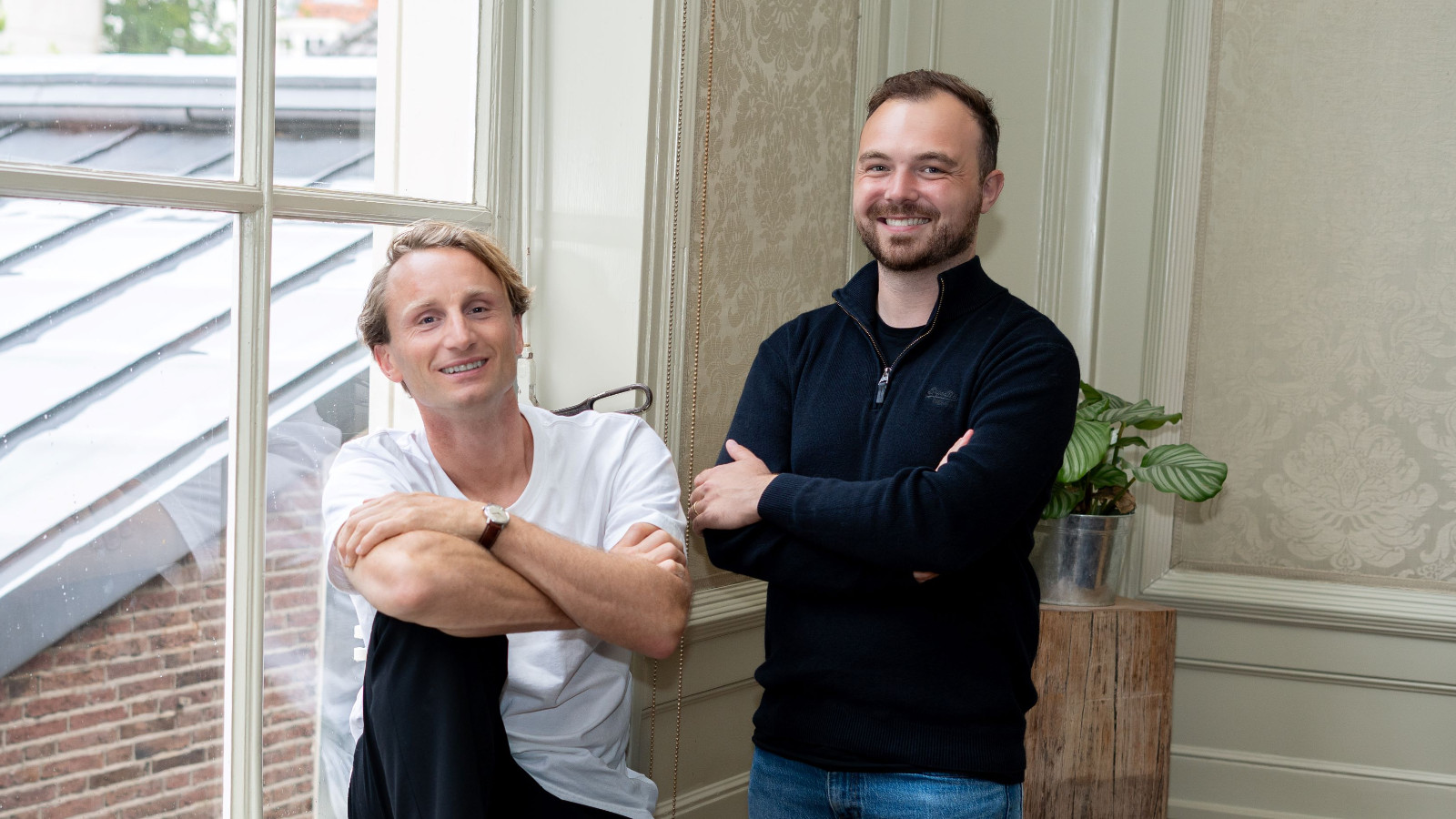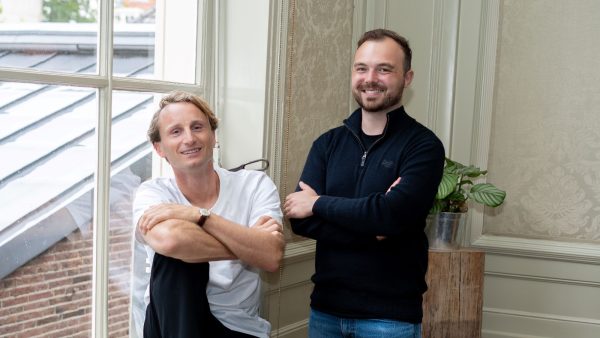I love great guerilla marketing stories, where companies find clever ways to break into key markets that defy convention – approaches that help growth firms “take the hill” against formidable odds.
Celebrating its 20th year in business, FMS for years had two lines of business: commercial products for developers using Microsoft technology; and custom software development for individual clients, mostly commercial. Named one of the Top 100 most innovative software firms in 2002 FMS shared the recognition with the likes of IBM, Microsoft, and Oracle.
Response to 9/11
“We were of course shocked by 9/11,” recalls Chung. “As the information came out that intelligence analysts and law enforcement people had difficulty ‘connecting-the-dots’, we thought we could help.”
FMS had extensive experience managing data and creating intuitive desktop solutions for business people and felt they could create a state-of-the-art platform for intelligence analysts. With limited knowledge about the intelligence community, Chung assembled a team and created an FMS Advanced Systems Group to address this mission.
“We decided to create and invest in the development of a prototype of our Sentinel Threat Management System,” explains Chung. “It incorporates our concepts of data storage, analyst collaboration, data visualization, finding hidden relationships, applying the theories of Social Network Analysis (SNA), ad hoc analysis, and data dissemination.” (this is one smart guy!).
Chung funded the whole project from internal funds: “I wanted to make a difference against those people who wanted to kill us and our civilization. I felt it was a life mission and culmination of all our business experiences to that point. I simply couldn’t sit on the sidelines and do nothing.”
Marketing to the Government
Winning federal government contracts usually requires a great deal of patience and long sales cycles. Having no federal government presence Chung naively had no idea how severely disadvantaged they were compared to entrenched players.
“It’s a good thing because we probably wouldn’t have proceeded if we really knew how much more than great technology was required,” notes Chung.
FMS managed to get some meetings to discuss and show their work to people in the intelligence community. But they weren’t closing any deals.
Although Chung’s team was getting their word out, a new approach was necessary if they were going to land any business. Rather than cold calling, they came up with a marketing concept to attract the community to them.
TrackingTheThreat.com
Using public domain data, FMS created a database to showcase their technology. By collecting information on terrorists from newspapers, the web, etc., they showed how their Sentinel Threat Management System could reveal hidden relationships between people, places, and events.
“The breakthrough was to publish this data on a web site with some examples of what we could do to bring meaning to the data,” exclaimed Chung. Thus TrackingTheThreat.com was born. It lists a huge number of bad people, events, and their relationships to each other. And once it was hooked into Google, people searching for data on terrorists began finding FMS’s web site. The traffic grew over time and FMS started to receive warm leads from journalists, curious citizens, and most importantly the intelligence community. They wanted to know who was behind this very public (and accurate) listing of terrorists.
Results
“Because of the work we’re doing, we cannot discuss a lot of details nor do we always know where our software is being used,” shared Chung. “That said, we’ve been doing this for a few years and are gaining recognition, visiting interesting places, and meeting hard working people trying to keep us safe.”
FMS’s first public recognition of their work came last year when they attracted their first outside investor: In-Q-Tel, the non-profit venture capital firm owned by the Central Intelligence Agency. In-Q-Tel invests in commercial companies that can bring cutting-edge technology to the intelligence community (for example, they invested in Keyhole and SketchUp! which are now Google Earth).
Future Plans
While continuing to focus on creating great solutions for the intelligence community and exploring ways to use their technology to support the various missing children networks, they are working on developing a simplified commercial solution. Done right, they can bring a whole new way for all of us to more intuitively make connections and draw conclusions from the mountain of data at our fingertips.
Lesson: build it, make it public, and they just might come!
Lees meer columns van Verne Harnish op Sprout en bestel zijn boek online
 |









